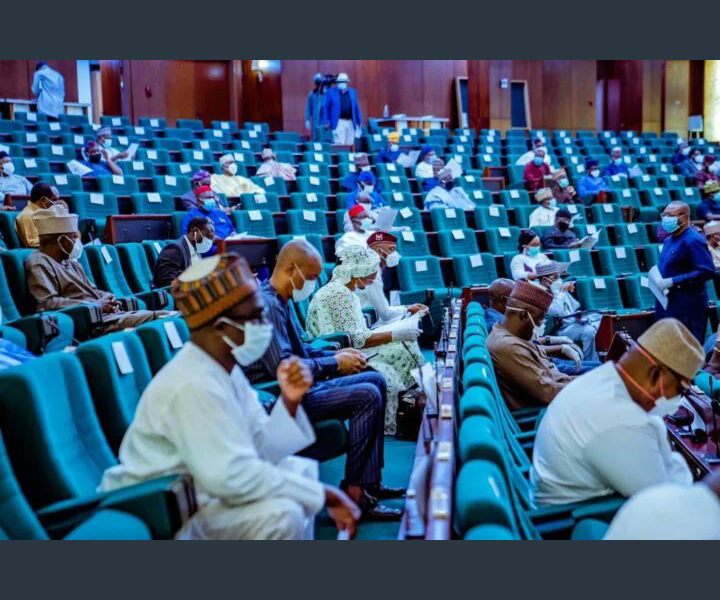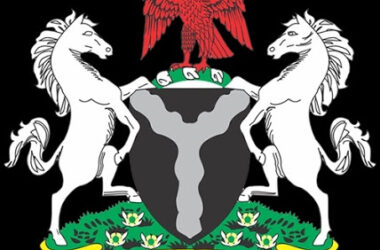The National Assembly, a cornerstone of Nigeria’s democracy, perpetually finds itself under the intense glare of public scrutiny. This “Assembly Watch” is not merely a curious gaze; it’s a critical examination of the activities, decisions, and ultimately, the accountability of our elected representatives. While the legislature is constitutionally empowered to represent the people, make laws, and provide oversight, a persistent perception of disconnect and a lack of true accountability continue to plague its image.
Recent revelations, such as the alleged insertion of thousands of questionable projects into the national budget, underscore the urgency of this scrutiny. When civil society organizations like BudgIT highlight significant budget padding, it raises serious questions about fiscal responsibility, transparency, and the integrity of the legislative process. Such actions, often perceived as self-serving, erode public trust and exacerbate the nation’s economic woes. The notion that the budget has become a “personal ATM” for the political elite is a damning indictment that demands immediate and comprehensive redress.
The public’s perception of the National Assembly is, unfortunately, largely negative. This is fueled by allegations of corruption, opaque financial dealings, and a perceived prioritization of self-interest over the national good. While some argue that the National Assembly is underfunded, the prevailing public sentiment often points to extravagant allowances and a disconnect from the realities faced by ordinary citizens. This dichotomy creates a breeding ground for mistrust and apathy, ultimately weakening the democratic fabric.
Legislative oversight, a crucial mechanism for checking the executive and ensuring good governance, often falls short of expectations. While the National Assembly possesses the constitutional powers to investigate and monitor government agencies, the effectiveness of this function is frequently hampered by a lack of transparency, internal conflicts, and political considerations. There’s a tangible need for stronger mechanisms to ensure that monies budgeted are utilized for their intended purpose and that public funds are not siphoned off.
Furthermore, the impact of public opinion on legislative actions in Nigeria appears to be weaker than it should be in a truly representative democracy. While public hearings are held and some engagement with civil society occurs, there’s a strong argument that policy decisions often reflect the interests of a select few rather than the broader aspirations of the populace. This can be attributed to various factors, including a political landscape often driven by personality rather than policy, and a political system where “godfatherism” and internal party dynamics can overshadow the will of the electorate.
For public scrutiny to translate into real accountability, several systemic reforms are crucial. Firstly, there must be absolute transparency in all legislative dealings, particularly concerning finances and budget allocations. Making attendance records readily available for public consumption and providing accessible details on constituency projects are vital steps. Secondly, anti-corruption institutions must be empowered to operate independently and investigate legislative malfeasance without political interference. Thirdly, strengthening electoral laws to give more power to the vote and enhance the capacity of citizens to hold their representatives accountable through the ballot box is paramount.
Ultimately, the National Assembly holds the key to its own redemption. By embracing genuine transparency, strengthening its oversight functions, and prioritizing the public interest over personal gain, legislators can begin to rebuild trust and restore credibility. The continued intense public scrutiny is not an attack; it is a desperate plea from the citizenry for a legislature that truly serves the people and upholds the tenets of good governance. The watch continues, and the demand for accountability grows louder.








